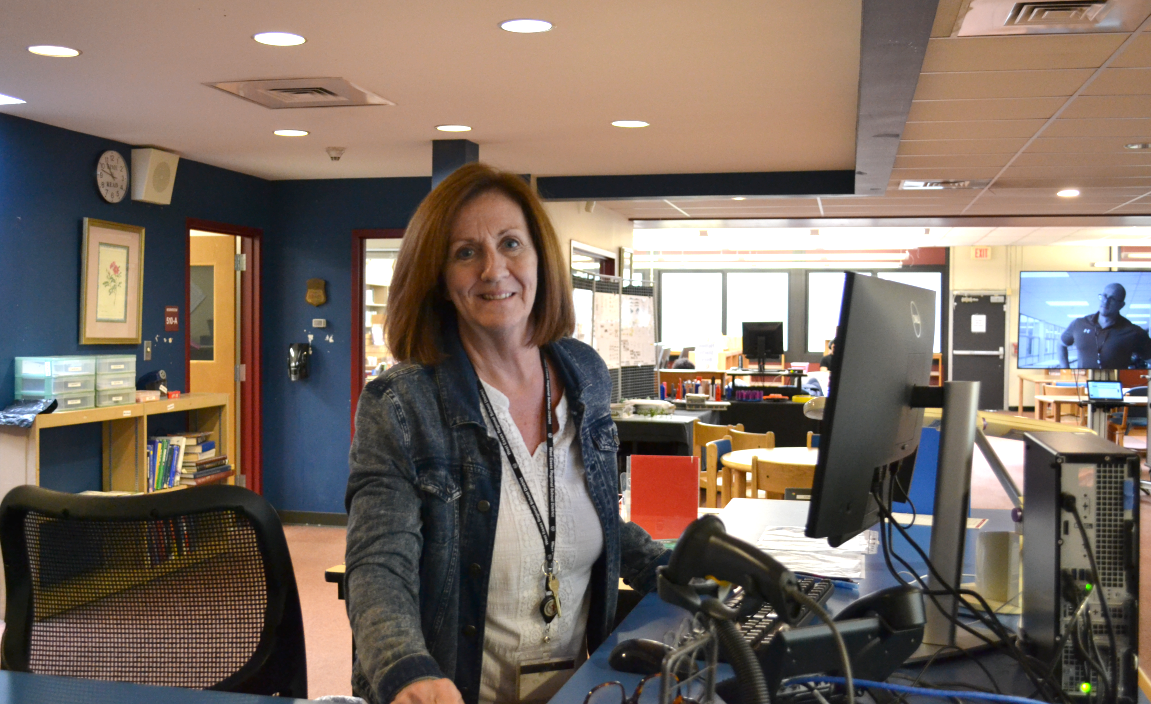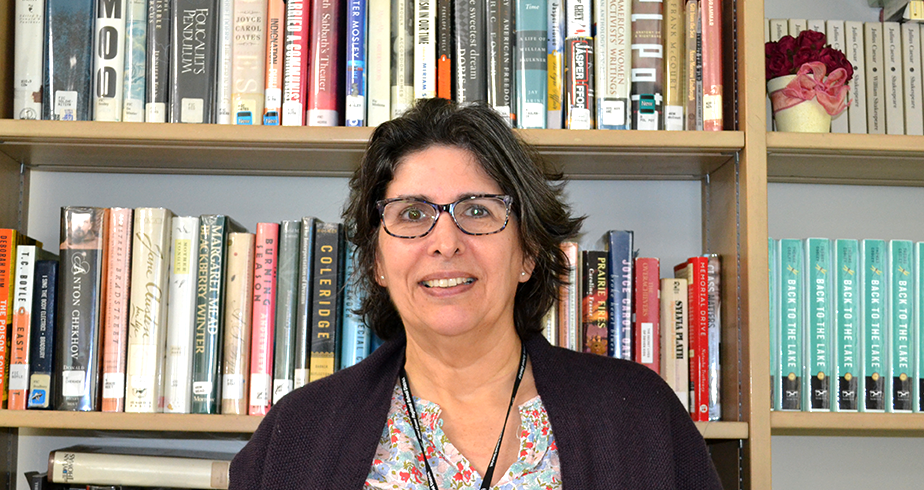By Isabel Tabs ’17

There’s one classroom at West Essex so spectacularly diverse, almost as if it’s Santa’s workshop. Students in this room trade paper and pencils for the luxury of taking home their own woodshop item.The master behind this workshop is Mr. Oberg, West Essex’s woodshop teacher of 36 years.
At school, Oberg feels at home as he is granted the opportunity to continuously work with students doing what he loves. Currently, Oberg teaches five woodwork courses that appeal to different artistic wood practices, and he is also the adviser of the stage crew.
Growing up in Verona, Oberg always had a passion for woodwork. As a sixth grader at Henry B. Whitehorne Middle School, he took his first woodshop class. “I thought it was the best thing ever,” Oberg said. However it wasn’t a surprise to Oberg that he would fall in love with woodshop because even as a little kid he always enjoyed the fabrication of household items such as tin cans and scrap paper.
As Oberg became more proficient in woodshop throughout middle school, he created one of his first projects: a lapdesk. However, it was his high school woodshop class that truly inspired him to pursue a teaching career in woodshop and crafting.
“I am one of those people to be blessed with a living that’s what I would do if I didn’t have to do anything,” Oberg said.
Teaching in the ’80s does have some differences from these days. West Essex used to offer many fabrication facilities including metal drafting and power mechanics, but woodshop is the one course that has remained intact. Classes used to range from 25 to 30 kids, which was very overwhelming to a first year teacher.
Now classes are much smaller and there’s a cap on the size, which is better because Oberg believes smaller classes improve the situation as they get more attention from him.
“We do live on a more technologically oriented culture, so more people are not into fabrication,”Oberg said. Despite this technological revolution, the equipment in the woodshop remains from back in the day. There are certain types of machines invented to make woodwork more efficient that the school has yet to get due to cost.
The school is looking to purchase some of these machines, like a laser machine, in the future to advance the students’ projects.
Prospective woodshop students will start out taking Wood I as they will learn the basic fundamentals of woodshop. To get them familiar with different techniques and exposed to the different machinery, the students’ first project is a simple box.
After Wood I, students can choose to take machine woodworking, advanced wood processing, cabinet making and/or wood carving. Personally, Oberg said his favorite courses to teach are cabinet making and wood carving.
Oberg said he truly cherishes his time here at West Essex as he doesn’t even consider this “work.” He loves to be surrounded by students in an environment where he feels most comfortable, which is his woodshop.
“Mr. Oberg is like a father figure in which he always goes beyond his requirements as a teacher,” senior Stephanie Lombardo said.
Oberg’s contributions to the school’s woodworking program goes beyond his five classes. In his tenure at West Essex, he has made the sets for the school plays each year with the help of his students. Oberg is the adviser for the stage crew and makes sure that the students are organized and know how to move the pieces they’ve built around on the stage when it is necessary.
“His skills and artistic eye are intrinsic to the Masquers club and our productions,” said Ms. Rizzo, adviser of the Masquers.
It may not be a surprise, but most of the furniture inside Oberg’s home is handcrafted by himself. Oberg and his wife work as team together as he is responsible for design and fabrication of the furniture, while his wife is in charge of the decorating aspect of it.
The unique part of woodshop is that there is a physical and tangible result unlike any other classes as an indication of progress and success. “As I’ve been here, my own skill set has developed, so I can see students through more involved products,” Oberg said. “It’s rewarding for them too.”


